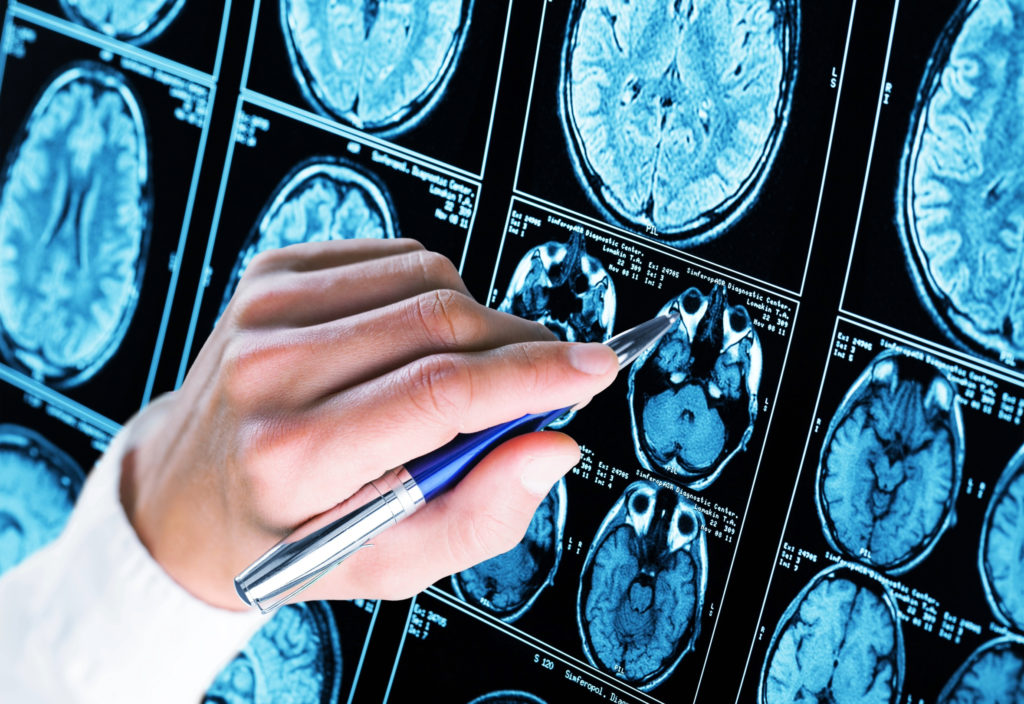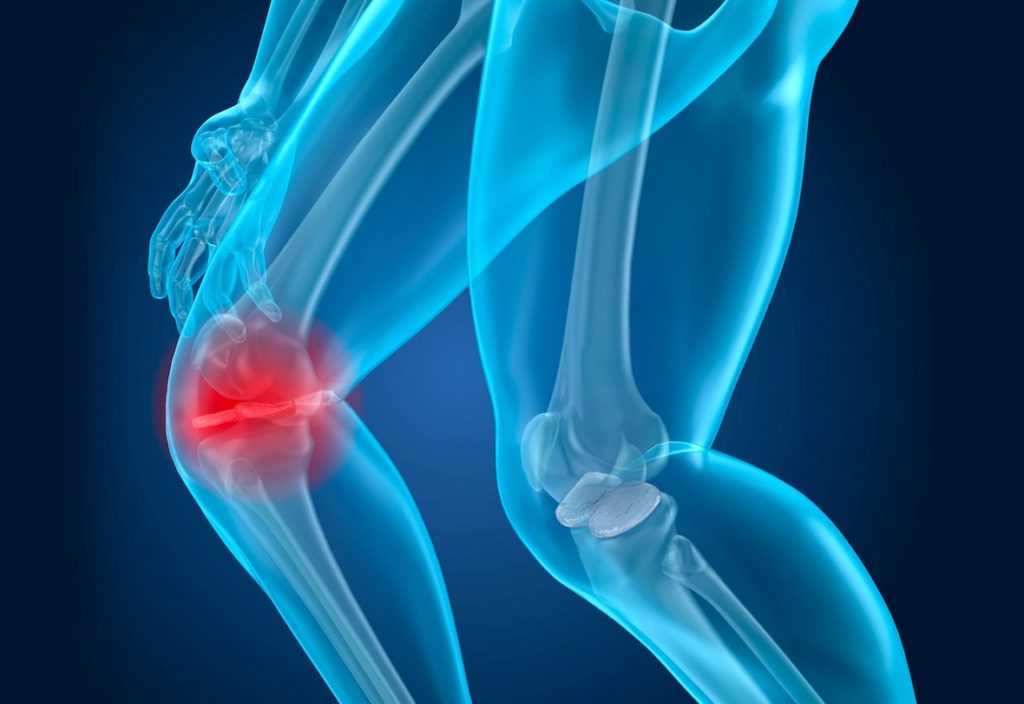
Revolutionizing prenatal care and monitoring using AI-based systems
25 April 2023

CSEM and the Women’s Clinic of the University Hospital of Bern are developing wearable smart dry electrodes and AI-based systems to streamline prenatal care and continuous monitoring during pregnancy and birth, improving comfort and data interpretation.
CSEM, in collaboration with the Women’s Clinic of the University Hospital of Bern (Inselspital), is working on enhancing prenatal care and monitoring during pregnancy and birth. This partnership aims to achieve this through wearable smart dry electrodes and artificial intelligence (AI) that assist medical professionals in analyzing cardiotocograph (CTG) data.
Traditional CTG devices, while reliable, have limitations such as bulkiness, restricted patient movement, and complications in use. Dr. Anda Radan, Senior Physician for Obstetrics and Gynecology at the Women’s Clinic, envisions a user-friendly, portable, and wireless system that could enable monitoring at home or during sleep.
Innovative continuous and unsupervised monitoring
Since 2019, CSEM and the Women’s Clinic have been researching cooperative sensor technology as part of a project funded by the European Space Agency’s Technology Transfer Program. The modular sensor technology allows simultaneous heart rate monitoring of the mother and the unborn child, with future versions potentially monitoring labor activity as well. These smaller sensors are attached to a belt worn around the mother’s abdomen, creating a miniaturized system that could eventually be integrated into comfortable and easy-to-clean textiles.
This new system increases comfort, avoids skin irritation, and simplifies use by replacing adhesive electrodes with dry ones. The belt system is currently being tested on approximately 30 patients, with promising initial results.
AI-assisted interpretation of CTG data
While the wearable system undergoes development, CSEM and the Women’s Clinic are working on a related project to improve the interpretation of CTG data. By developing an AI-based expert system, they aim to support clinicians’ decision-making before and after childbirth. The algorithms have been created using a database containing more than 15,000 births from the past 17 years. Initial results have been published in a scientific paper, and a patent is being prepared.
These projects exemplify successful collaboration in multidisciplinary medical research, combining expertise from different fields to pave the way for a digitized and humane healthcare system.

